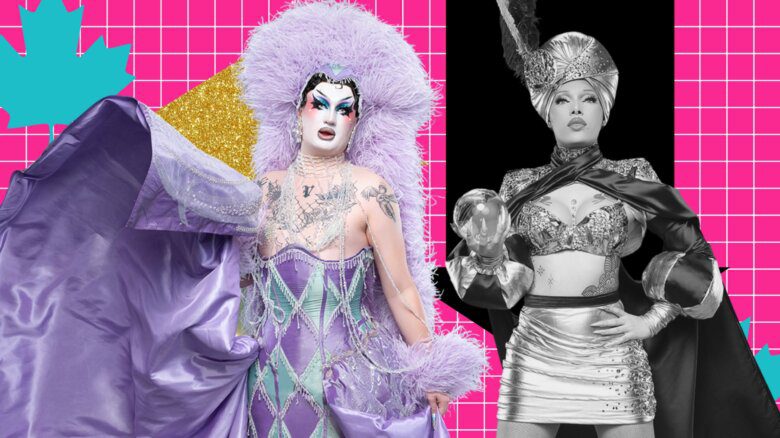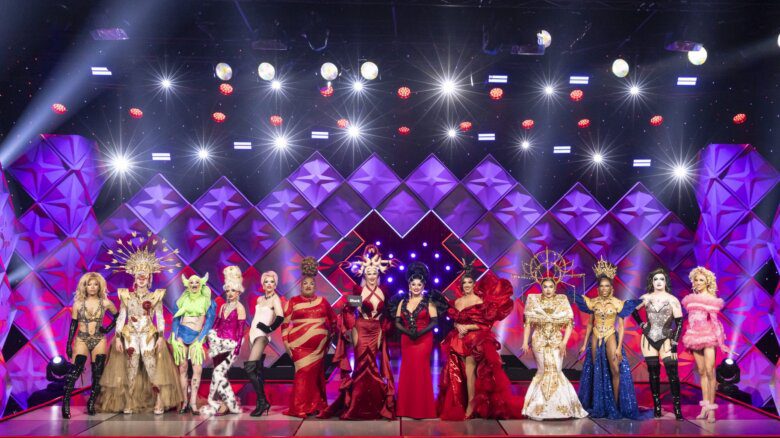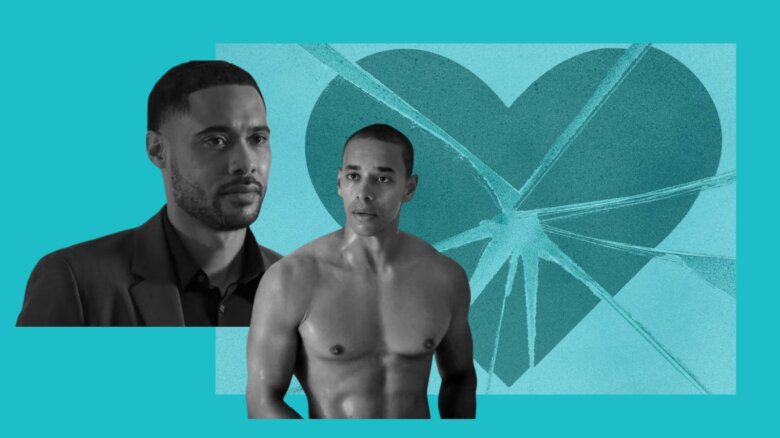Much ado has been made about the end of the 2010s—after all, it was a decade that gave way to significant progress in LGBTQ2 representation. From Transparent and Pose on television to Tangerine and Can You Ever Forgive Me? in theatres, there’s a lot to celebrate. But I’m more interested in what’s to come. Hollywood has a habit of resting on its laurels, hoping that whatever opportunities and recognition it once gave a certain group of people absolves the industry of current accountability. Because Moonlight won the top Oscar in 2016 and Daniela Vega of Una Mujer Fantástica became the first trans person to present at the 2018 Academy Awards ceremony (the film won the foreign language Oscar, too), we’re supposed to believe that change is happening. But the words of the legendary Janet Jackson constantly repeat in my mind: “What have you done for me lately?” In that spirit, I spoke to 10 queer and trans people in the industry about their hopes, dreams and predictions for LGBTQ2 representation and visibility in the roaring 2020s. Compiled from one-on-one interviews and Outfest panels during the recent Sundance Film Festival, here’s what they had to say.
Angelica Ross, actress and producer (Pose, American Horror Story: 1984)
Actress and producer Angelica Ross, star of "Pose." Credit: The Canadian Press/Steven Bergman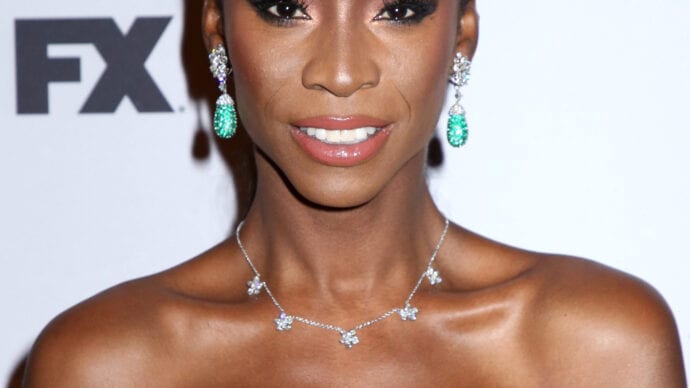
In an ideal world, the best LGBTQ film I’ve ever seen would be one written, directed and produced by—and starring—LGBTQ talent with diversity that isn’t contrived for the sake of checking off boxes. It would be a film that doesn’t focus on death, but on LGBTQ life and the various possibilities of what prosperity can look like, individually and collectively. It would be a love story. What about To Wong Foo, Thanks for Everything! Julie Newmar—except with a cast of all trans women? I just think we need to hear from more of the spectrum of gender identity and expression, both in front of and behind the camera. I’d love to see more trans men in media leading discussions—especially surrounding the difference between healthy and toxic masculinity and how it affects our culture and policies. I just want to see queer and trans people winning. Period.
Andrew Ahn, writer-director (Spa Night, Driveways)
My hope for queer cinema in this new decade is that it becomes more intersectional and more inclusive. As LGBTQ characters become more popular and mainstream, there’s a risk that these portrayals will be conformist and less nuanced. Let’s not forget the roots of queer cinema in bold, personal and radical filmmaking.
Andria Wilson, executive director of Toronto’s Inside Out festival
Andria Wilson, executive director of Inside Out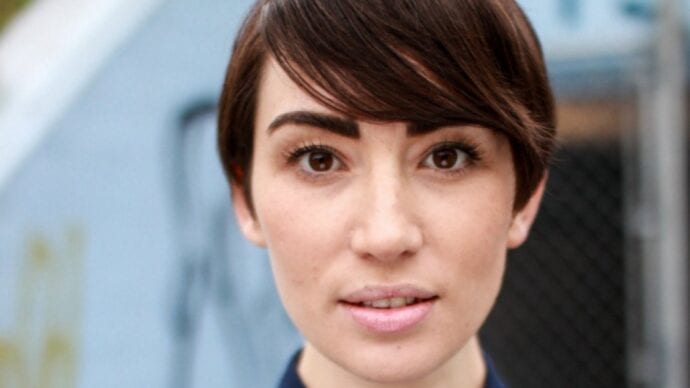
Credit: Courtesy Samson Learn Photography
In the 2020s, I want to be challenged by my own ideas of what great cinema is. I want lifetime achievement awards to be given to queer and trans people whose literal survival deserves as much celebration as their body of work. I want trans women of colour to be on stage in their 50s and 60s and 70s, awarding their peers. I want my most radical views to become passé. I want distributors to pay for captioning and described audio so that the cinema becomes more accessible to so many who have been historically excluded. This is the decade.
Justin Simien, writer-director (Dear White People, Bad Hair)
Justin Simien, writer/director of "Dear White People." Credit: The Canadian Press/Chris Pizzello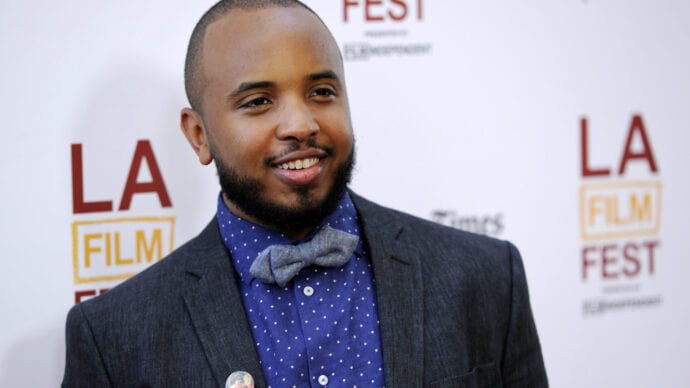
I want to see more writers and directors doing things that may or may not have [anything to do with being LGBTQ]. White straight people can write or direct anything. It doesn’t just have to be about the white straight experience. So what I want to see is more of us getting through the ranks to tell our stories, but also getting to tell any story. The way we think is completely different and if we can get our hands on the Marvel [franchises] just as much as we can get our hands on our independent documentaries and little Sundance movies about killer weaves, we can change the culture in ways we can’t even imagine. I want us to tell a range of stories.
Karen Tongson, cultural critic and professor at the University of Southern California
In the 2020s, I hope LGBTQ filmmaking achieves the sort of experimental, daring and diversity in casting modelled in recent TV, from Pose and Euphoria, to new shows like Work in Progress and The L Word: Generation Q. May we also continue to push storytelling beyond our contemporary moment into a fantastic relationship with the past, as we’ve seen in Gentleman Jack, Dickinson or even actual films like Portrait of a Lady on Fire and The Favourite—only much less white, and representing places, cultures and communities beyond the Anglo-American world. I also hope to see more LGBTQ cinematographers, directors and writers being given the chance to experiment, fail and make everything every mediocre white man in the industry gets to make while being given the opportunity to “fail upwards” into blockbusters, multimillion dollar series and more.
Erica Tremblay, writer-director (Little Chief)
I think it comes back to the importance of who is telling our stories and what identity and experiences they are bringing to those stories. Authenticity is so important and, as a queer woman, I made a film that premiered at Sundance this year. My lead character in my mind is queer but she’s not necessarily doing anything queer on screen. I think it’s now about bridging that gap where we don’t need to have these fantastical stories of queerness being represented or these fantastical stories of Native Americanness represented. We are teachers. We get into arguments with our lovers. We live. We laugh. We love. But we’re also coming from a very specific set of trauma that is going to come onto that screen no matter what story we are telling. So I hope that we continue to gain more access to being able to tell our stories.
Angel Lopez, producer (Dear White People, Bad Hair)
The spells I’m casting for the next 10 years are just that there are more stories out there that don’t focus on our trauma or our shame. I don’t want us to have to watch and feel pain about our entirety. That can be cathartic and healing but ultimately I hope and pray there will be a [variety of shows and films] so that the next generation doesn’t have to sit and watch the one show that’s out there quietly on their phone in shame or in fear that someone is going to find out. I want them to grow up in a world [where they] see themselves in everyday reflections and don’t feel like they have to live a life that’s different than everyone else’s, unless that’s what they choose.
Rain Valdez, actress and producer (Razor Tongue)
Actress and producer Rain Valdez Credit: The Canadian Press/Richard Shotwell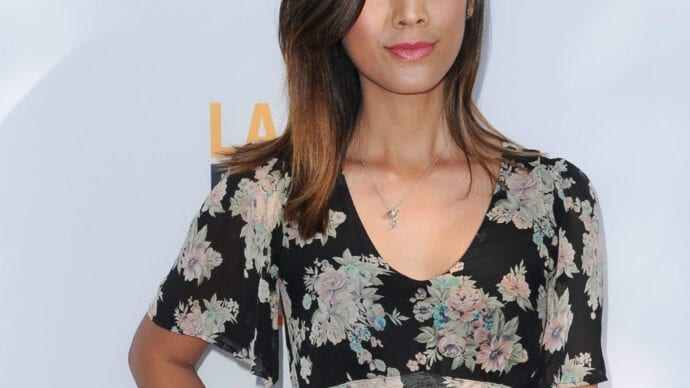
We know now that there’s so many negative portrayals of trans women, so much content that goes against us which has created this shame in loving trans women. So in this decade, I hope and pray that we can all get ourselves to the top and start creating content that combats all of the other content that’s been created in the last 150 years so that we can start crafting and shifting that narrative and shame.
Sarah Kate Ellis, president and CEO of GLAAD
In an ideal world, there wouldn’t be one best LGBTQ film, but rather so many that naming your favorite LGBTQ film would be as hard as naming your favourite movie of all-time. Audiences are ready to see more movies with LGBTQ characters at the centre of the narrative, who get the screen time to tell a nuanced story, become someone the audience relates to and who will then carry that story with them beyond the theatre. The queer movie I’d love to see is something that my wife and I can take our kids to: A family movie where they could see queer families like ours. There needs to be LGBTQ people on every level of production and creation—from the stars, to the writers and directors to the sound mixers and set designers. There needs to be an acknowledgment that the playing field is currently uneven, and that deliberate efforts need to be made to include LGBTQ people across the board.
Wilson Cruz, actor (Star Trek: Discovery, My So-Called Life)
Wilson Cruz, star of "Star Trek: Discovery." Credit: The Canadian Press/Janet Gough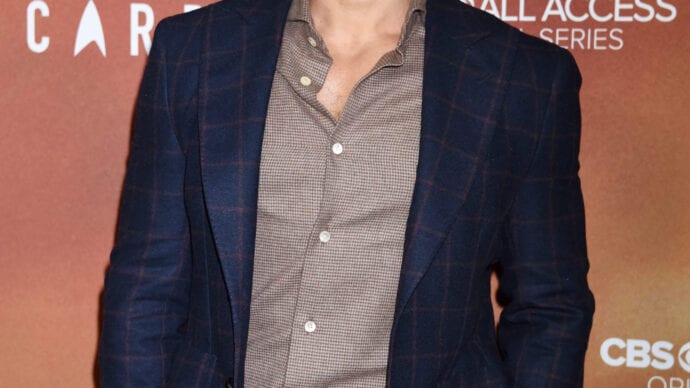
You bring up the future and I can’t help but think about my current job which, to me, is a dream: I am a part of a Star Trek universe in which Anthony Rapp and I play the first gay couple on Star Trek. But it’s not about the fact that we’re gay, it’s about the fact that I’m a doctor and he’s an engineer and we are part of a team who are trying to save the world. I get the opportunity every episode to live out an epic love story that could be anyone’s love story because it’s just about love—who they’re loving is not the point. So when I think about the 2020s, I look forward to more of that.
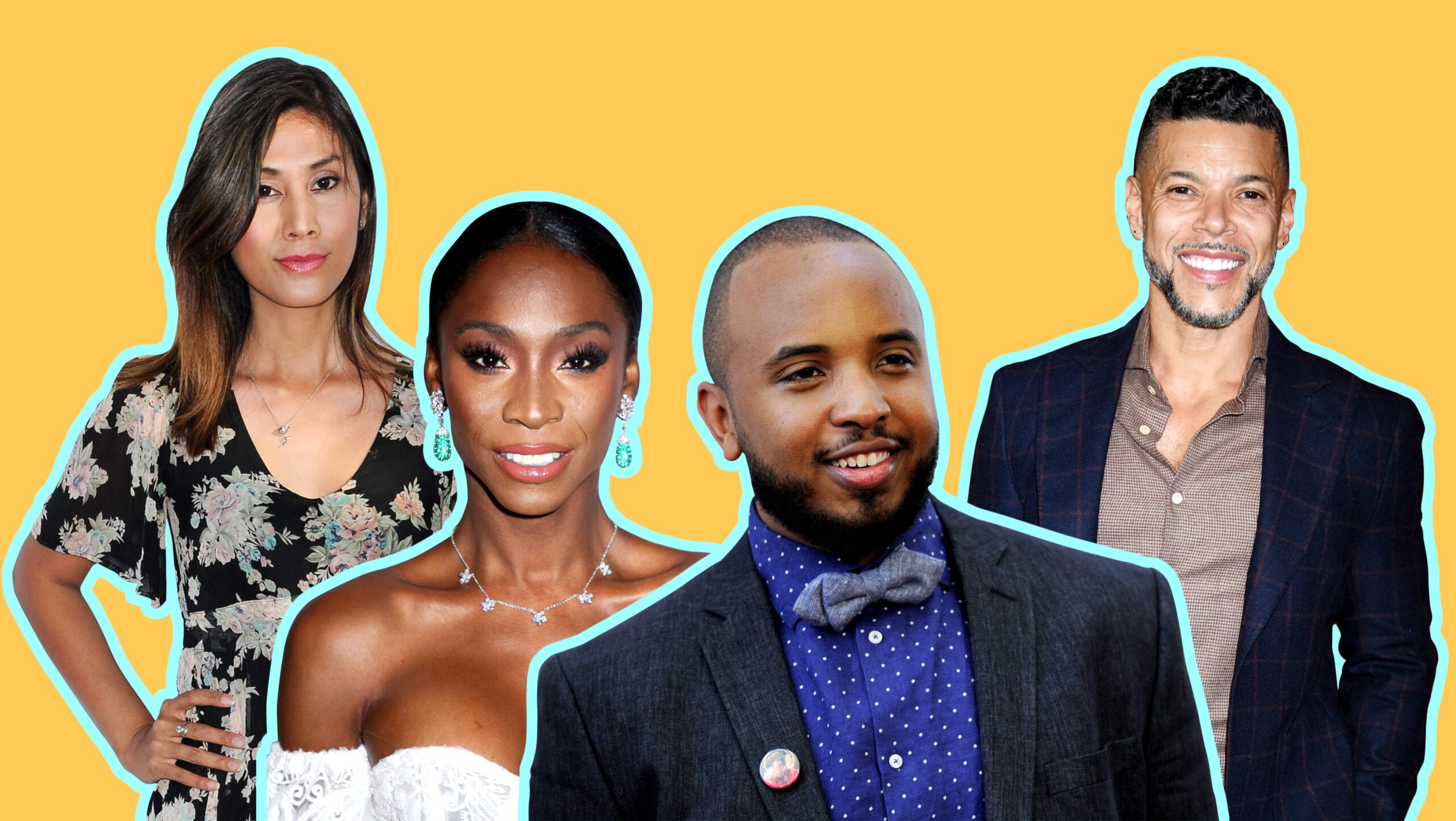
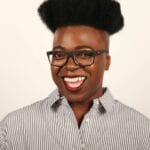
 Why you can trust Xtra
Why you can trust Xtra
